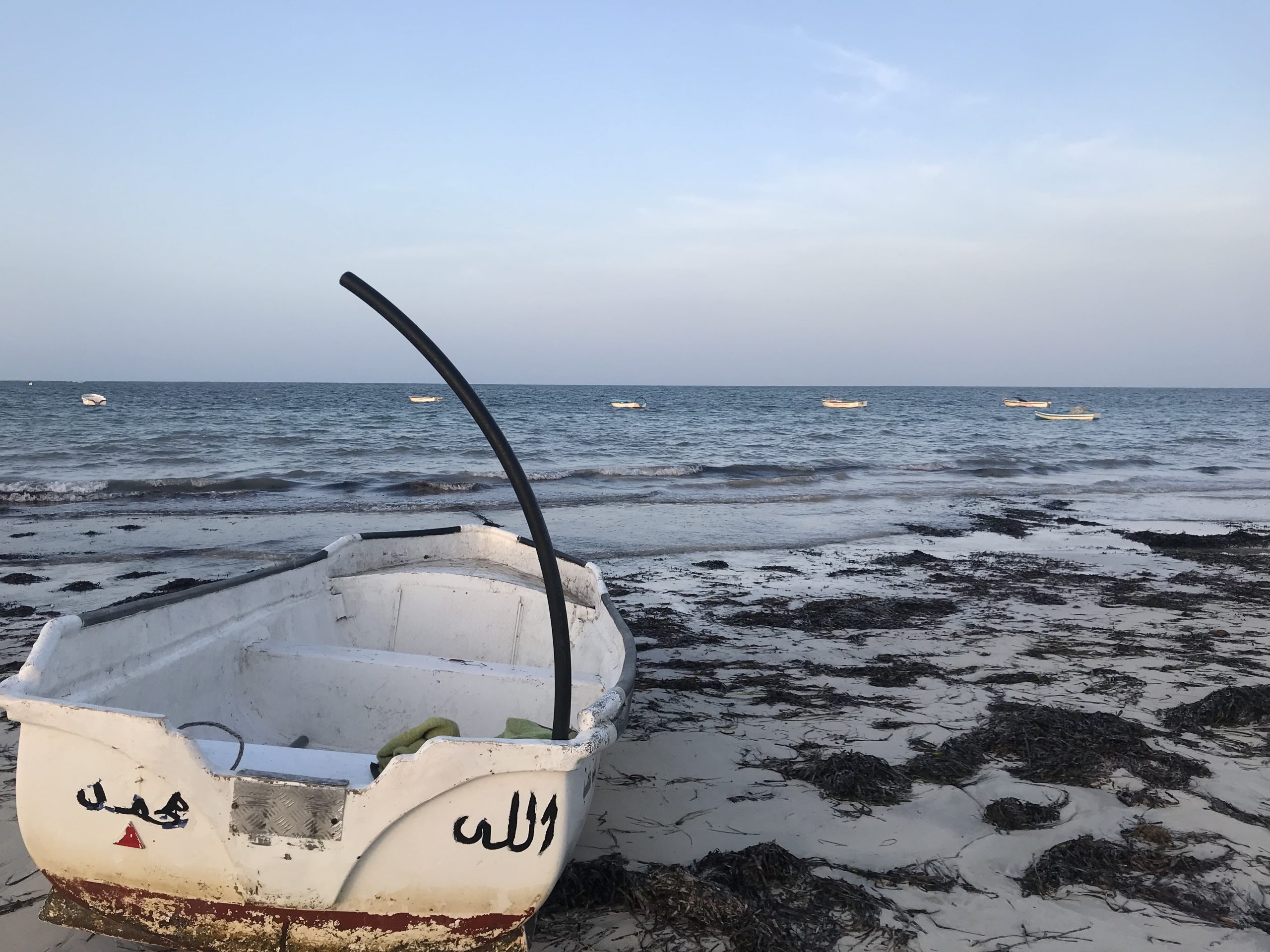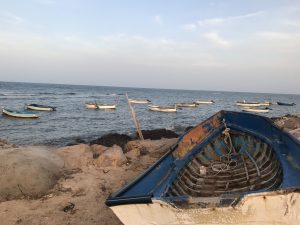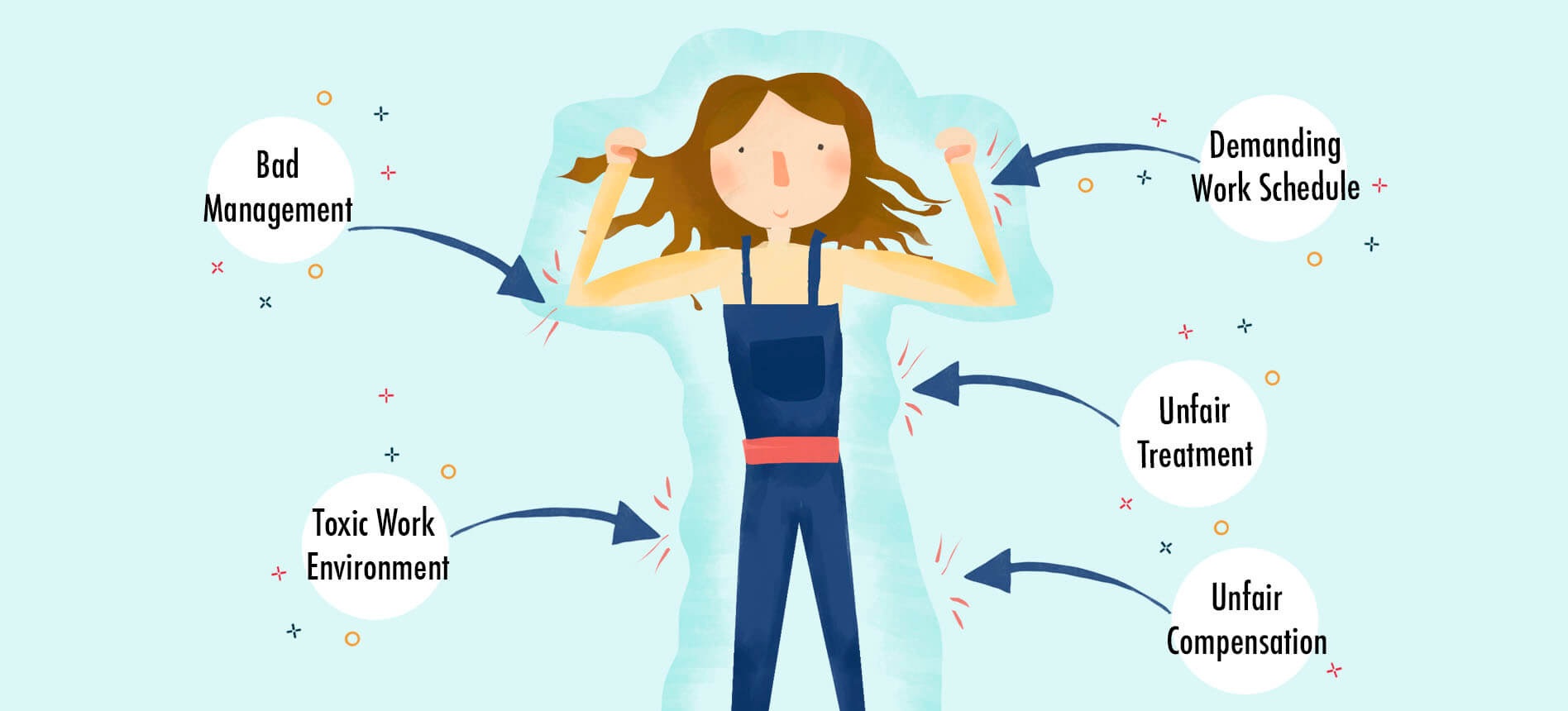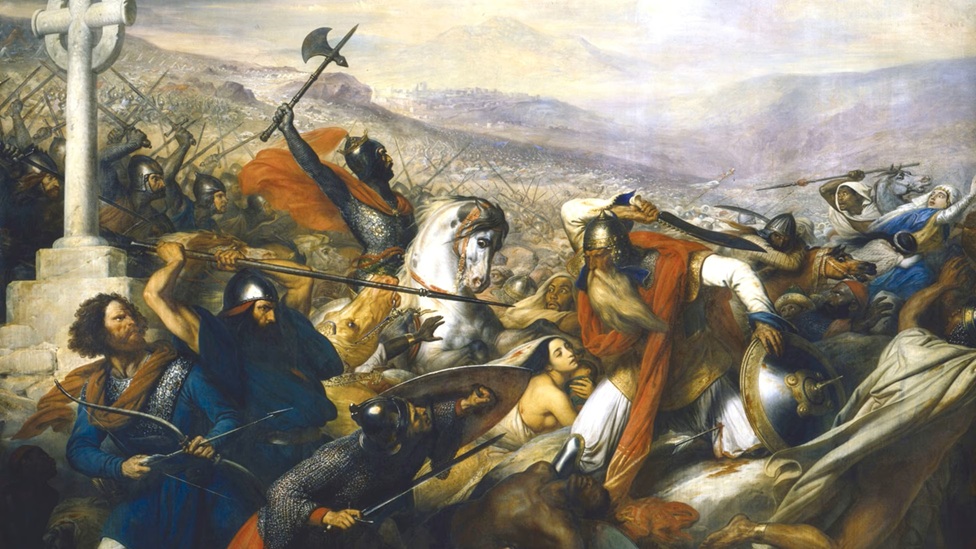
European tourists are rediscovering Tunisia. Tour operators across Europe are taking tourists back to the country this summer for the first time since an ISIS gunman massacred many people on a beach in Sousse in 2015. The only democratic country in the Arab world is considered safe again. 2018 is expected to break all previous tourism records.
By Arthur Blok
The sun beats down from a clear sky, and the turquoise blue of the Mediterranean shimmers on the horizon. A beach of unspoiled sand and a handful of Russian and German tourists here and there. It is still early June and, therefore, low season, but many restaurants and bars are reopening while some are still being painted. You can already see that Sousse is slowly being rediscovered.
“Our hotel has an occupancy rate of roughly 40 percent”, said the front office manager of the four-star Movenpick Resort in Sousse. “In the past months, we welcomed a good number of Russian guests, and we have many reservations from Northern Europeans for this summer. For the first time in years, it looks good again.”
This is Sousse, roughly 9 km from Port El Kantaoui. On a summer's day in June 2015, a Tunisian jihadist - trained 600 km away across the border in Libya - stepped onto the beach with an assault rifle hidden inside a rolled-up parasol. He shot dead 38 people, mostly Britons, as they lay on their sunbeds enjoying their holiday. That attack came just a few months after one on the Bardo Museum in central Tunis that killed 22 people. From one day to another, all the tourists left, and the country depended mainly on tourism into an unprecedented economic crisis.
Security
Radwan Masmoudi, the president of the Center for the Study of Islam & Democracy (CSID), is optimistic the country will get back on its feet. The CSID - with offices in Tunis and Washington D.C. - is a non-profit organisation. It is dedicated to studying the complexity of Islamic and democratic political thought and merging them into a modern Islamic democratic discourse.
Masmoudi explains that security in the country is crucial to safeguard the tourism industry. “Our biggest achievement here in Tunisia is that we defeated terrorism. Our local police and army are doing a great job protecting the country. It has been a top priority since the attacks of 2015. We cannot afford terrorist acts on our soil anymore.”
The security of the country is seriously improved. The major airports in Tunis, Djerba, Monastir and Enfidha all have brand-new modern scanning equipment. The police are visible everywhere on the streets. To stop illegal border crossings from neighbouring Libya, the southern border is now heavily guarded. A long border fence has been erected along the Libyan frontier deep down into the Sahara.
According to the latest data from the Ministry of Tourism, 2018 is set to break all previous records. With this summer season included, roughly 8 million tourists are expected to visit the country. “That is even better than the best year before the political revolution in 2011. Our old record is 7,5 million tourists in 2010”, said Masmoudi.
Tunisia does have a lot to offer indeed. Besides beautiful beaches where the sun shines most of the year and world class resorts, the country has incredible amount of historical sites worth a visit. On top of that, Tunisia is considered the success story in the Arab world. It successfully transformed itself from a dictatorship to a democracy, and it is currently seen as the only full democracy in the Arab World. Masmoudi: “Where else in the world can you spend a week in an all-in resort for less than €500,- including an airplane ticket? Only in Tunisia.”

Political optimism
Abdullatif Almalki member of parliament (MP) for the Muslim democratic Ennahda Party - the winner of the local elections in May - is also positive about the years to come. He explains that due some political instability and a lack of tourists in the past few years Tunisia’s economy is not yet in a good shape. His party - the second largest in parliament - is currently part of government of national unity that is challenged with turning economic tide.
“We are working hard to optimize the export of our products, attract foreign investors so we can create more jobs. These are our major challenges”, said Almalki. The Ennahda MP is optimistic that after the parliamentary elections of 2019 a new chapter can begin. He reminds the world that Tunisia is still a very young democracy where the various political parties and fractions are still getting used to each other.
In contrast to other Arab countries, this process is taking place in a peaceful manner. “Our investment in national security is very promising, and we are now focusing on further enhancing our democracy and working together with the different parties gain economic growth. That is in the interest of all of us. I am glad to learn that this year the tourism sector is finally set to grow. I hope this will be the first year of many good years to come. It all looks very promising indeed,” added Almalki.






